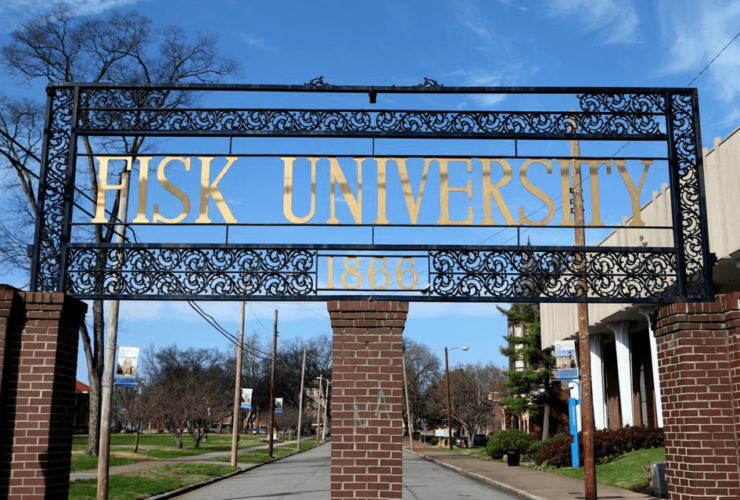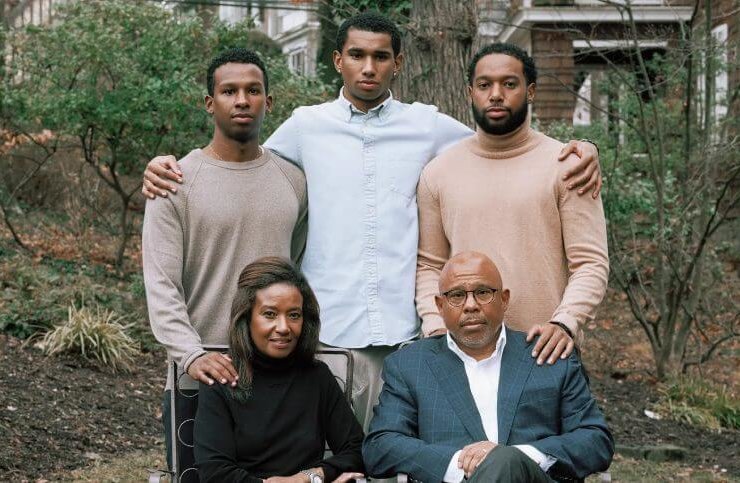Celebrity Offsprings Are Turning to HBCUs Despite Offers From Division Schools
The decision by sons of two high-profile black celebrities to enroll as freshmen at Historically Black Colleges and Universities (HBCUs) to play college basketball made quite a stir in the news media as evidence by the two news articles attached to this blog. These announcements are the type of positive support HBCUs need to improve their sports program, and to increase student enrollment which is desperately needed at these institutions.
Hercy Miller, a son of the multimillionaire rap mogul Master P, announced his decision to play basketball at Tennessee State University, a HBCU located in Nashville, Tennessee, after declining a number of scholarship offers from notable division one schools, including Vanderbilt, Louisiana State University, UCLA, and others. Shaqir O’Neal, the youngest son of Basketball Hall of Famer Shaquille O’Neal, committed to play his college basketball at Texas Southern University, located in Houston, Texas. O’Neal, listed as a three-star recruit across several of the major recruiting websites, is a shooting guard out of Creekside Christian Academy in Georgia.
The media attention generated by the decision of these high-profile freshmen may lead to a boost in student enrollment by enticing other high school seniors to decide to enroll into HBCUs. The reasons that led these high-profile sport enrollees to attend HBCUs may be sufficient to encourage non-sport high school seniors to enroll into HBCUs.
These two freshmen shared that their decision to enroll at HBCUs was based on a growing trend of high-profile high school athletes choosing HBCUs over more prominent colleges and universities. They both have a desire to change the narrative and show their peers that you don’t have to go to one of the big schools because there are a lot of great people who came out of HBCUs.
Prior to the passage of the Civil Right Act of 1965 HBCUs were the number one option for Black high school seniors wishing to attend college to play basketball or to achieve any type of professional advancement. After 1965 the number one factor impacting the survival of HBCUs was the loss of their enrollment advantage regarding black college freshmen.
Data from the Department of Education on college enrollment shows that approximately 90 percent of black college students were enrolled at HBCUs before 1965 and today approximately 10 percent of black college students are enrolled in HBCUs. In 2018 there were approximately 2.1 million black college students and 291,000 of them were enrolled in HBCUs.
These statistics represent an 80 percent loss in market share for HBCUs, which is quite a blow for any business or institution to absorb and survive without making drastic changes. While the media attention generated by high-profile freshmen helps, what are some of the changes HBCUs are making in response to the loss of their market?
Whatever those changes are, it is time for the administrative leadership at HBCUs to take a closer look at what changes they need to be considering that will attract non-high profile high school seniors to choose to enroll at their institutions. The HBCU Community Development Corporation is ready to help your HBCU formulate a set of changes that fit your specific circumstances to attract the students you need to increase enrollment.
If your HBCU needs assistance getting started, contact us at www.hbcucdc.com.
https://www.blackenterprise.com/master-ps-son-heads-to-hbcu-after-turning-down-offers-from-division-i-schools/
https://www.click2houston.com/sports/local/2021/05/01/shaqir-oneal-son-of-shaquille-oneal-commits-to-play-basketball-at-texas-southern/



